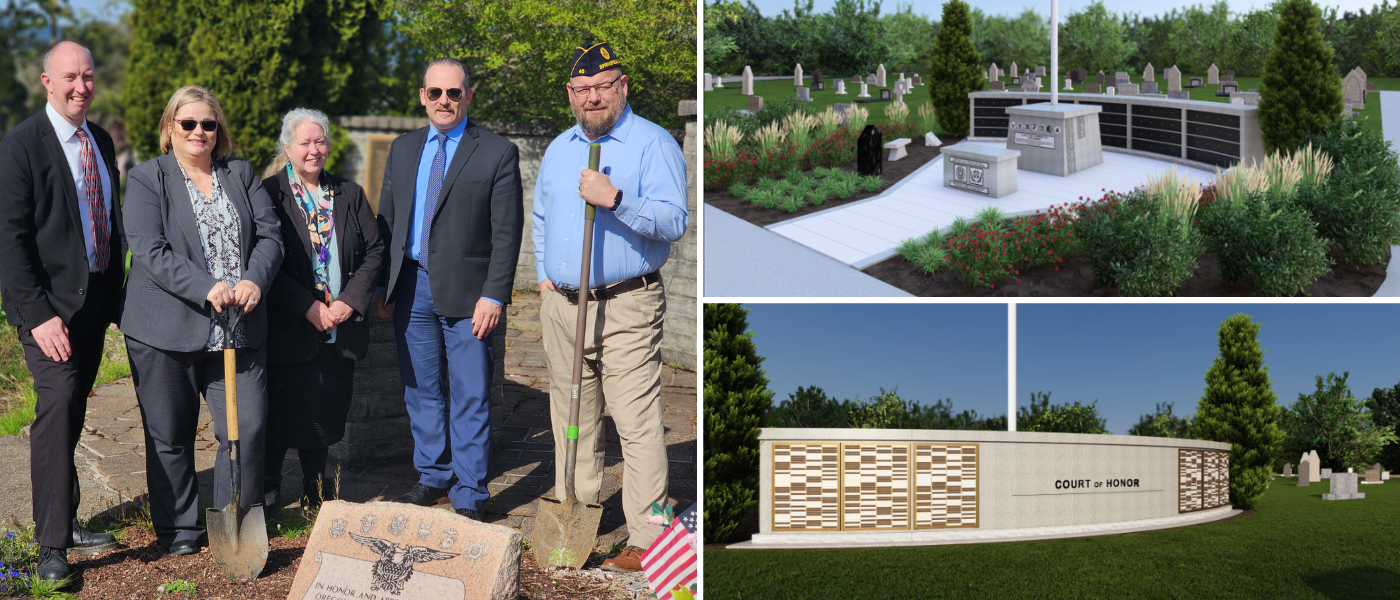Death At Home, Bureaucratic Nightmare
 As a doctor at a cancer hospital, I’m often asked about death?not the spiritual side of it, but the practical. Specifically, people ask me if it is better to die in a hospital or at home. Until recently I had always voted for death at home, given its promise of relative serenity. I still think it’s better. But a friend’s recent experience with his elderly father reminded me that hospitals, despite their noise and hurry, still do a few things well in those difficult last moments.
As a doctor at a cancer hospital, I’m often asked about death?not the spiritual side of it, but the practical. Specifically, people ask me if it is better to die in a hospital or at home. Until recently I had always voted for death at home, given its promise of relative serenity. I still think it’s better. But a friend’s recent experience with his elderly father reminded me that hospitals, despite their noise and hurry, still do a few things well in those difficult last moments.
When my good friend’s father died at home, it was as orderly and calm as could be hoped for. Yet what was unanticipated was the chaos that followed soon thereafter, an odd mix of sober adult heartbreak and the darkly comic. How did the expected death of a nonagenarian result in such commotion? Because few anticipate the bureaucratic adventure that ensues after a death at home. Hospitals and hospices, with their legendary capacity for completing forms, handle the task with chilly efficiency. But without their administrative help, doing it yourself isn’t so easy.
Long gone are the days of the cowboy gently closing his slain buddy’s eyes and moving on. When someone dies at home, a licensed professional must determine that the person is indeed dead. This should be worked out in advance with the doctor, but we have a way of disappearing at crucial moments. If this happens, the only option is to do what my friend did and call an ambulance?for a dead person. There are other annoyances: the death certificate must be completed in black ink (using only certain approved diagnoses), an undertaker needs to be selected, and law enforcement must be called to establish that no foul play occurred. As happened with my friend, officers may arrive ready for trouble?suspects, motives?and meet only a saddened family.
Cutting the cost of health care without cutting its quality is the central issue in the reform debate. Since a large proportion of Medicare dollars are spent on patients in the last months of life, savings could come from facilitating the wishes of those who choose to die at home. This is best accomplished with the active support of hospice care rather than the (well-intentioned) path my friend took. This approach would be less expensive than admitting a loved one to a hospital?and would assure tranquility for the person dying and dignity for the family that remains.
Sepkowitz is an infectious-disease specialist at Memorial Sloan-Kettering Cancer Center in New York City.
Source: Newsweek



